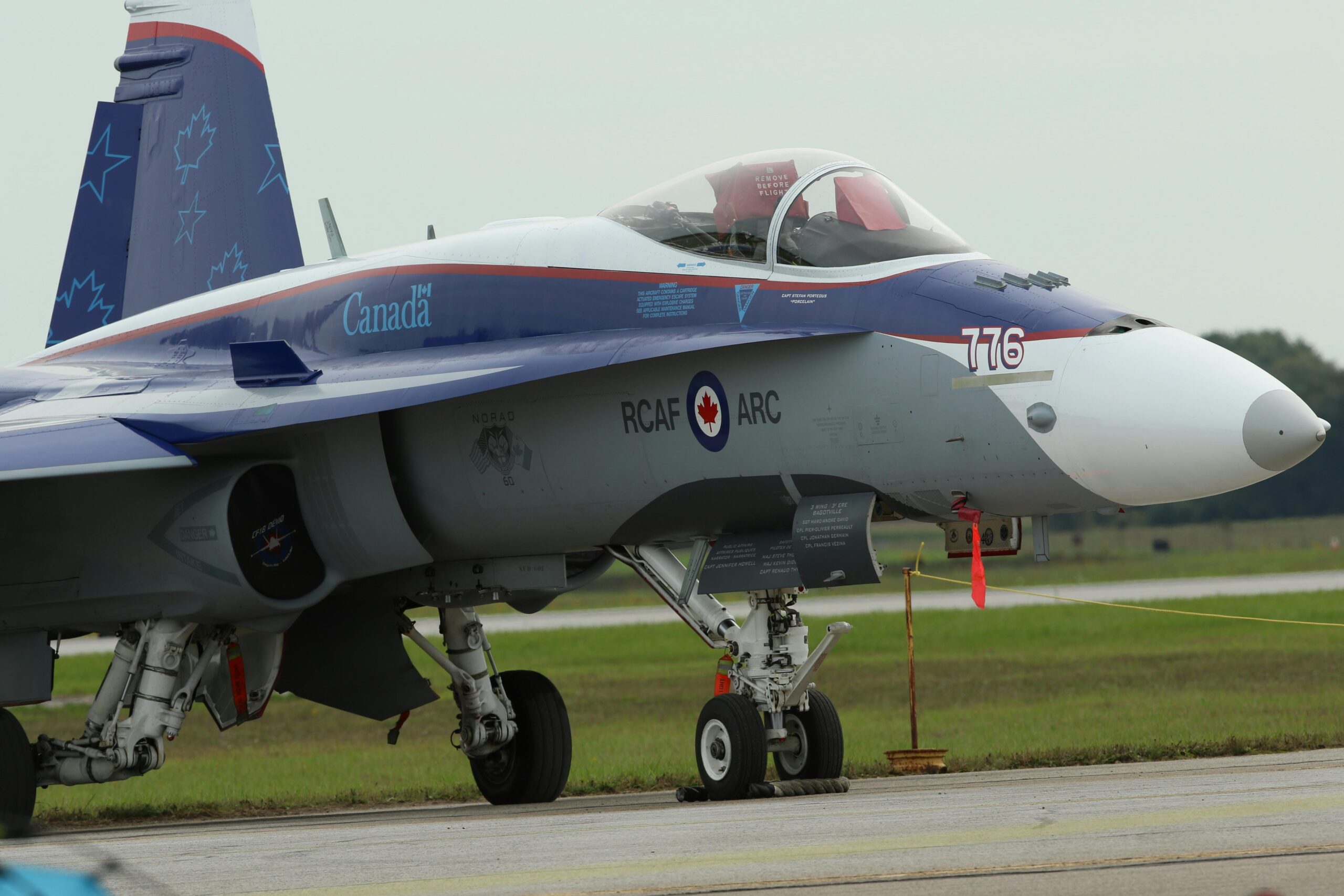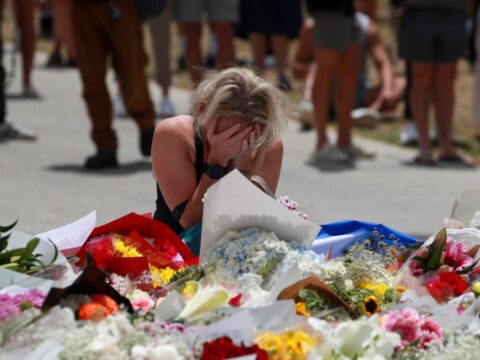Normally, Canada’s military is background noise rather than headline news. But this year, amid escalating wars, shifting geopolitics and a major shakeup in the White House, it’s been a different story.
In 2024, Canada spent 1.37 percent of its GDP on defence, ranking 27th out of 31 NATO countries. At a recent NATO summit, Mark Carney pledged to raise that figure to five percent within the next decade. In the weeks that followed, we asked readers whether Canada should increase its military spending.
You may unsubscribe from any of our newsletters at any time.
Here’s what you had to say. These opinions are those of our readers and not necessarily shared by Broadview. The responses have also been lightly edited for clarity.
“Prime Minister Carney says his goal is to spend $150 billion a year on our military while spending $1.6 billion a year on our housing crisis. This is being replicated in every G7 nation. The numbers speak to our leader’s new priorities.”
—Sherwood Hines, Bancroft, Ont
“We’re failing to meet our climate goals. More and more people in this country are driven from their homes by real estate speculators. And yet, we allow our priorities to be driven by that lunatic in the White House? I think not.
There are some things that can be done to improve the state of Canada’s military: better bookkeeping, recategorizing certain expenses — like those of the Coast Guard — to ‘military spending’ and investing in a national ship-building industry. But for the most part, I say no, Canada shouldn’t be investing in more military. The industries that profit from war and destruction are the ones now driving foreign policy and military spending plans.
Rather than feeding the U.S.-led military-industrial complex, it would be cheaper and far more effective to work towards peace.”
—Jim Hodgson, Summerland, B.C.
“As a Cold War child, I have always considered myself committed to peace over guns. It may sound idealistic, but if most of the world’s military spending was instead spent on improving lives, education, fighting disease and feeding the hungry, there would be no need for major war.
Instead, we find ourselves back in 1938 needing to defend ourselves in a divided geopolitical world led by authoritarians. At least Canada understands the opportunity to use the spending to protect our economy and fight natural disasters.”
—John Ryerson, Toronto
“Whether we like it or not, Canada is one player in the larger world. I think that we, alongside our NATO partners, have little choice but to increase our annual spending to something in the order of five percent of GDP. We can’t rely on others to ‘carry the ball’ for us.
However, with respect to spending, we should bear two things in mind. First is that spending should be done wisely and with good financial oversight. Second, to the extent possible, the spending that we do should have some return to Canadian society, whether it be in the form of improved infrastructure (e.g., roads, airports, etc.), advancement in technology through research and development or employment.”
–Jim Kells, Saskatoon
“I would much prefer that our Canadian government put less money into the military. Supporting those in need, both in Canada and abroad, is a much better use of funds.
Canada’s spending on international aid is woefully lower than the United Nations goal. At home, our government could commit to providing a guaranteed basic livable income to those for whom life is a constant struggle.”
—Marybeth Wilson, Haliburton, Ont.
“I have been worried for some years about the increasing animosity from the U.S. towards Canada, Russian submarines in the opening waterways caused by our melting Arctic sea ice, and growing global political tensions. I grew up on the stories my British father told of ‘the Gathering Storm,’ which brewed in Europe in the 1930s.
I am opposed to war and can sometimes border on being a pacifist, but I fear we are in danger of repeating that scenario if we are not prepared. If Canada wants the benefits of being a NATO member, we need to pay our share. The people who currently serve in our military are also underpaid and undervalued. They deserve better.”
—Lesley Bridges, Orillia, Ont.
“Higher military spending brings increased prospects of war. Security requires ceasefire, negotiations and treaties. We cannot have another World War. If we did, there are no guarantees humanity would survive.”
—Ed Lehman, Regina
“The passage of time has the habit of erasing the lessons and parallels of history. Let’s recall the empires and leading economic and military giants of the past: Assyria, Babylon, Greece, Persia and Rome. Those empires all fell. The United States is next.
Canada, unfortunately, is tied to the United States. But what can we do? Money spent on social programs to benefit the majority are more important than military spending, but the tide of history and God’s plan in it will surely play out.”
—Jim Catton, London, Ont.
“How far and to what extent should Canada militarize ourselves under the delusion that somehow ‘might is right’ or ‘peace via strength’? Our collective shadows follow us.
Meanwhile, our current prime minister dances hard to appear to be leading in the midst of multiple crises. Appeasement seems to be his main strategy — thankfully short of succumbing to becoming the 51st state.”
—Barry K. Morris, Vancouver
“I don’t think Canada should spend more on its military. That money would be better directed towards social programmes and supporting more refugees. Then Canada might truly be seen as a country with a conscience.”
—Hazel Boyle, Toronto














Canada has an obligation as a member of NATO . Canada has for decades let the free world provide their security. It’s time they grow up and pay their share to NATO or get out.